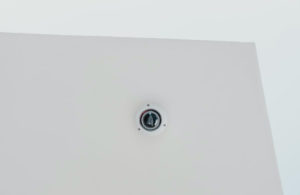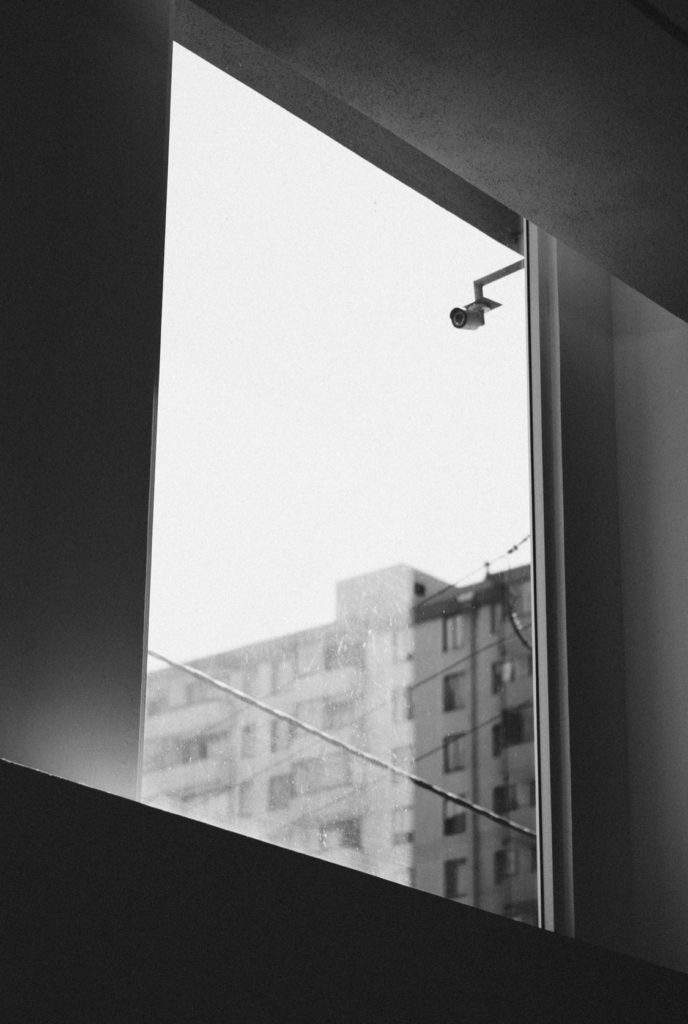NEPTA NEWS
STRANGER DANGER: HOW TO PROTECT YOUR HOME
Stranger Danger: How to Protect Your Home
If you read the news, go to the movies, or even follow your friends on Facebook, chances are you think that crime is on the rise and our neighborhoods are less safe than ever before. But the truth is, contrary to what most Americans believe, crime in the nation is declining. Violent crime has fallen more than 50% in the last quarter-century. Property crime has seen an even larger decline.
Why is crime declining?
There’s no definitive answer but there are plenty of theories about why we’re seeing less crime now than in previous decades. Some researchers suggest that an increase in the number of law enforcement officers on the street and new, data-driven crime-fighting techniques are driving the statistical drop. But the habits and behavior or ordinary citizens may also be a factor in the decline of crime. They’re getting smarter, more cautious, and more prepared. Like you, they’re taking a more active role in protecting themselves, their homes, and their families.
Home security systems are playing a role.
One way savvy citizens are insuring their own safety is by installing home security systems, which have become more accessible, more sophisticated, and less expensive. Some of the best home security systems are so simple to install that even a fairly inexperienced DIYer can manage installation on their own.
The global DIY home security industry reached an astonishing $42.3 billion in 2019. A quick online search can help you compare the features of dozens of brands, read customer reviews, and, of course, purchase a system without ever leaving the privacy of your home.
Choosing the right home security system starts with figuring out what you need to protect. The system that’s best for a two-story home wouldn’t make much sense for a high-rise apartment where criminals can’t feasibly break in through a window. If you have kids who spend time alone at home—a situation that’s grown more common as more families rely on two-parent incomes—keeping an eye on them and being able to communicate easily with them in an emergency may be your foremost concern. If you keep guns in your home or your garage is full of antique cars, you’ll want to be sure they’re protected too.

You’ve got options.
The good news is that today’s home security systems are highly customizable. The basic features of older systems, including motion detectors and contact sensors on doors and windows, are augmented in today’s systems by a host of electronic capabilities. These advances not only make systems more effective but also more convenient to use. Security systems that communicate with users through their smartphones also integrate with other smart-home components. They allow you to turn lights on and off, lock and unlock doors, “answer” your doorbell when you’re not at home, and take other security precautions as easily as you’d ask Siri or Google a question.
How much does all that technology cost?
You’re likely to spend between $400 and $500 for a starter home security kit. Costs go up, of course, as you add either simple components like contact sensors or high-tech features like smartphone video communication. Additionally, you’ll want to take the cost of monitoring your system into account. While some people choose to monitor their own systems, most experts recommend that you invest in professional monitoring. Professional monitoring companies automatically alert first responders when an incident occurs. And they never sleep. They provide 24/7 protection. On average, professional monitoring service costs about $30 per month. On the plus side, many homeowner’s insurance companies offer a discount on their policies when you install a security system in your home.
Do you have any low-tech recommendations for me?
Absolutely. There are several simple safety habits you can adopt to improve security around your place. Not surprisingly, professional thieves give some of the best advice on the subject. Here are a few of the tips they’ve shared with law enforcement officers:
- Lock doors at all times, even when you are at home.
- Make sure your home exterior is well-lit.
- If you’re concerned about saving energy, use motion-activated lights in the more remote corners of your yard.
- Keep the shrubbery surrounding your home small and well-trimmed.
- Keep curtains, blinds, and shades closed when you are not at home.
- Keep expensive electronic equipment out of direct view.
- Don’t keep large amounts of cash in your home.
- Consider getting a dog—a classic and effective deterrent.
Protect your home.
Protect your family.
Knowledge is power, but only when action is taken.

